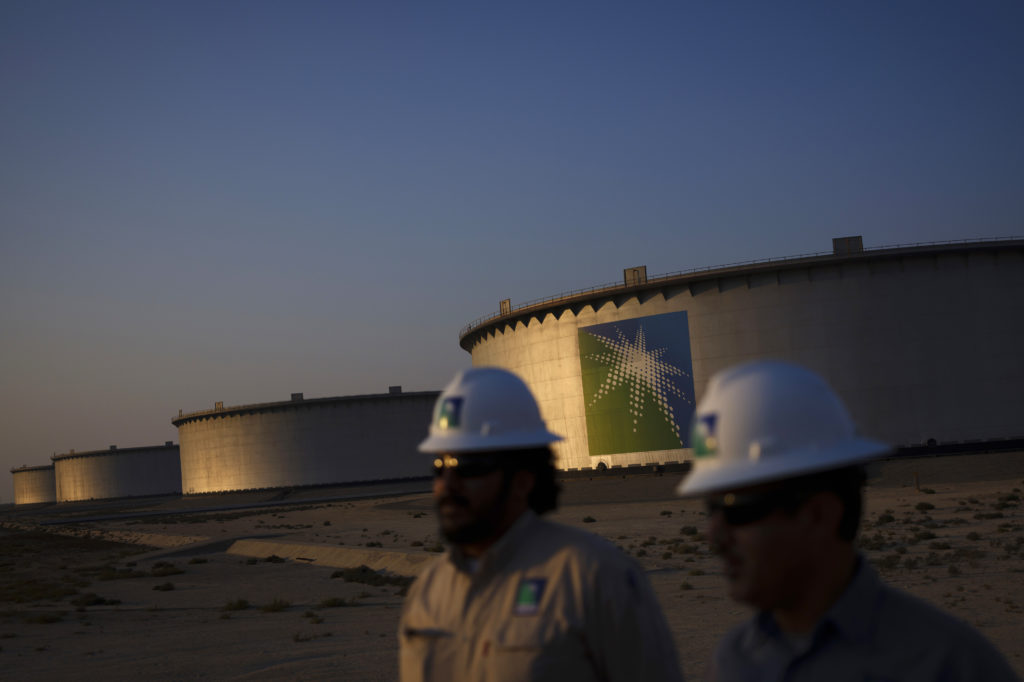
Saudi Aramco aims to become a global refiner and chemical maker, seeking to profit from parts of the oil industry where demand is growing the fastest while also underpinning the kingdom’s economic diversification.
The world’s biggest oil exporter is earmarking $500 billion (£390bn) to invest over the next 10 years, including $160 billion for natural gas developments and $100 billion for chemicals projects, Aramco Chief Executive Officer Amin Nasser said in an interview in Dhahran, Saudi Arabia. The spending would come on top of the company’s planned purchase of a majority stake in Sabic, the Middle East’s largest chemical business, a deal that could be valued at about $70 billion.
“We need a major acquisition for us to be in different markets quickly,” Nasser said. Sabic has a presence in more than 50 countries, and “it makes sense” for Aramco to acquire a company of its size, he said.
Aramco, which is also planning what would be the world’s largest share sale, plays a central role in efforts to transform the Saudi economy. Crown Prince Mohammed bin Salman is leading a strategy to build new industries and diversify the kingdom away from a decades-long reliance on sales of oil. A major part of the transformation is Aramco’s plan to buy 70 percent of Saudi Basic Industries Corp., as Sabic is officially known, from the sovereign Public Investment Fund.
Sabic Funding
Aramco expects to conclude negotiations with the PIF soon, and “all financial instruments are on the table” for funding it, Nasser said.
Aramco’s interest in Sabic rests partly on projections that demand for petrochemicals will account for a rising share of global crude output. Petrochemical use will increase faster than for any other segment of the oil industry, according to the International Energy Agency.
The planned Sabic deal necessitated a delay, however, in Aramco’s initial public offering until 2020 or 2021, Prince Mohammed said in an interview in October.
“We are committed for the IPO,” Nasser said. “It is about timing.”
Aramco, known formally as Saudi Arabian Oil Co., wants to convert 3 million barrels of crude a day — about 30 percent of its daily output — into chemicals. It also aims to more than double its refining capacity by the middle of the next decade.
“You can absorb market volatility when you are balanced between upstream and downstream,” Nasser said. “This is where our strategy is going.”
A 32 percent plunge in oil prices since Oct. 3 may complicate the country’s financial plans. So could the international outcry over the murder of Saudi dissident Jamal Khashoggi at the country’s consulate in Istanbul. Nasser dismissed concerns about Aramco’s attractiveness as an investment.
Demand for oil is healthy, he said. “Next year it will be also the same in terms of additional demand.”
Recommended for you
